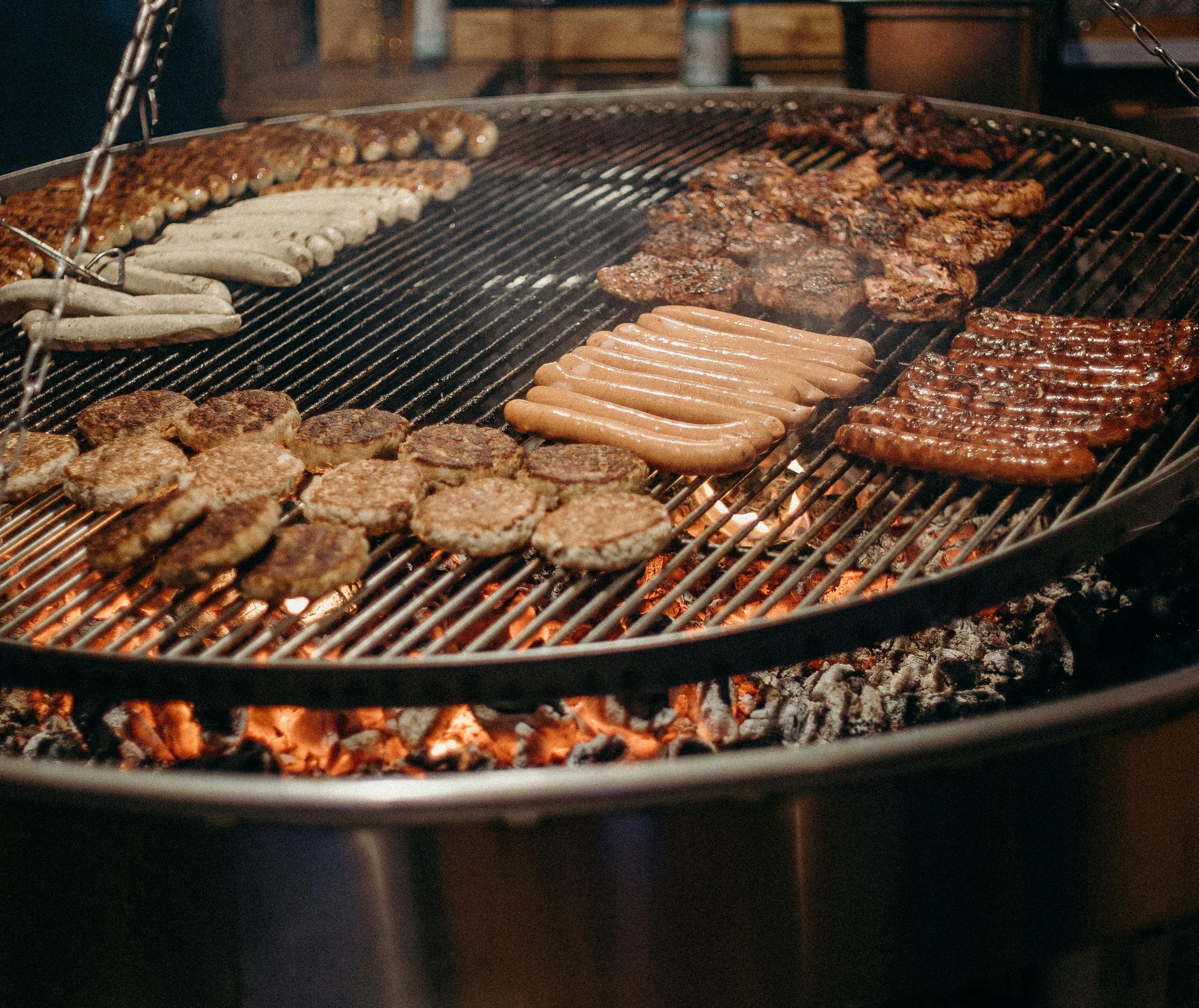
Effective Ways to Become a Freemason in 2025: Discover the Journey to Brotherhood
Freemasonry is a fraternal organization that has intrigued many for centuries. With its rich history and deep-rooted traditions, understanding how to become a Freemason in 2025 involves knowing the essential steps, requirements, and philosophies that shape this unique brotherhood. Freemasonry is not just about joining a secret society; it’s about growth, moral uprightness, and community service. In this guide, we’ll explore the journey to becoming a Freemason, the importance of local lodges, and how you can forge strong bonds with others who share your values.

Becoming a Freemason offers various benefits, from personal growth to community engagement through charitable works. As we delve deeper into this journey, you will discover the application process for Freemasonry, the different masonic degrees, and what to expect from your initiation ceremony. Join us in exploring the transformative experience offered by Freemasonry, which has inspired countless individuals to improve their lives and those of others.
Understanding Freemasonry: History and Principles
To embark on your journey, it’s crucial to understand the foundations of Freemasonry. This organization dates back to the late 16th to early 17th centuries. Initially formed as a guild for stonemasons, it evolved into a fraternal society that emphasizes values such as charity, integrity, and brotherhood. The history of Freemasonry is intertwined with numerous cultural and historical events, shaping its current practices and beliefs.
A Brief History of Freemasonry
The origins of Freemasonry can be traced back to the Middle Ages, where the first lodges were established. These lodges were not only workspaces but also social centers where members engaged in discussions about moral and ethical topics. Over time, the organization attracted members from diverse professions and backgrounds, leading to the title "Masons" being embraced by men who sought personal improvement and community engagement.
Freemasonry Philosophy and Values
Central to Freemasonry are its values and guiding principles, which emphasize the importance of self-improvement and the moral responsibilities of its members. Freemasons believe in fostering mutual support, ethical living, and community service. Through rituals and allegories, members learn valuable life lessons, contributing to both their personal growth and the welfare of society.
The Structure of Freemasonry
The organization is structured around local lodges, each with its own officers and members. The hierarchy within Freemasonry consists of various degrees, representing different levels of knowledge and responsibility. As members advance through these degrees, they gain a deeper understanding of the organization's teachings, rituals, and symbols, ultimately leading to personal enlightenment.
This background naturally leads us to the practical steps required to join this esteemed organization.
Steps to Become a Freemason in 2025
So, how do you initiate your journey of joining Freemasonry? Understanding the application process is crucial for prospective members. Freemasonry typically involves a straightforward yet meaningful path, which we'll dissect here.
Research and Learn About Freemasonry
Before applying, it's essential to understand what Freemasonry entails. Research its values, history, and local lodges available to you. Many newcomers engage in informal discussions with current members or attend local events to gain insight into the organization’s operations. This knowledge will not only prepare you for meetings but also show your genuine interest in becoming a member.
Meet the Age and Character Requirements
Freemasonry, in most jurisdictions, requires applicants to be at least 18 years old. Character and reputation are also vital, as Freemasons seek individuals of good moral standing who will contribute positively to the group and society. Friends or family members already within the fraternity can vouch for your suitability, which can facilitate the application process.
Finding a Local Lodge
Locating a nearby lodge is a crucial step towards membership. Search for local Freemasonry lodges in your area and consider reaching out to inquire about open houses or informational meetings. This is a perfect opportunity to meet current members and see if their community aligns with your values. Remember, each lodge may have unique traditions and emphases, so find one that resonates with you.

Following this approach will prepare you for the next essential step: the application process.
The Application Process for Freemasonry
After familiarizing yourself with Freemasonry and finding a lodge, the next step is the application process. This phase is designed to ensure that each candidate is a good fit for the organization and understands its principles.
Submitting Your Application
Your journey begins by completing an application form, which can often be found on the lodge's website or obtained via personal contact. In this form, you are typically required to provide personal information, references, and a brief statement highlighting your reasons for wanting to join Freemasonry. Honesty and integrity are paramount in this step.
Meeting with the Lodge Membership Committee
After submitting your application, you'll likely be invited to meet with the lodge's membership committee. This meeting provides an opportunity for both parties to gauge mutual interest and compatibility. Come prepared to discuss your motivations for joining and your understanding of Freemasonry. This is also a chance to ask questions about the lodge and its activities, fostering mutual understanding.
The Investigation Process
The lodge will typically conduct an investigation, where committee members may reach out to your references to verify your character and background. This step ensures that the individual being considered aligns with the values and expectations of the fraternity. Be patient, as this can take time based on the lodge’s procedures.
Once accepted, you're one step closer to the thrilling initiation ceremony that awaits you.
Freemason Initiation: The Ceremony and What to Expect
The initiation ceremony is a significant milestone in your journey, marking your formal entry into Freemasonry. This sacred event is steeped in tradition and rituals.
Preparation for Your Initiation
In the days leading up to your initiation, you may be encouraged to engage in further study about Freemasonry’s principles and rituals. Understanding the significance of the ceremony will enhance your experience and allow you to participate meaningfully. Your lodge may provide guidance and resources to assist in your preparation.
The Initiation Rituals
During the initiation, you will undergo a series of rituals designed to impart moral teachings and symbolize your entry into the masonic brotherhood. The ceremony typically includes symbolic gestures, secret passwords, and allegorical lessons, which are critical in establishing your role and responsibilities as a mason. It’s vital to approach this experience with respect and sincerity, as these traditions are foundational to masonic philosophy.
After the Initiation: Embracing Brotherhood
Upon completion of your initiation, you will be welcomed into the Freemason community. You’ll receive a certificate confirming your membership, along with guidelines for engaging with the lodge and participating in various activities. Members often find this transition rewarding, as they discover fellowship among like-minded individuals committed to personal and communal development.
This leads us to consider the numerous benefits associated with Freemasonry, highlighting why many choose to embark on this path.
Benefits of Joining Freemasonry
Choosing to join Freemasonry comes with a host of advantages. From personal development to societal contributions, the fraternity provides enriching experiences.
Personal and Moral Development
Freemasonry places a strong emphasis on self-improvement and moral uprightness. Through educational opportunities and engaging discussions, members are encouraged to refine their character and live ethically. This commitment to personal growth is a key reason many people choose to become masons.
Community Engagement and Support
Involvement in Freemasonry often translates into community service initiatives. Locally, lodges engage in charitable works that benefit society, fostering a sense of purpose among members. Whether it's through organizing events, fundraising, or volunteering, Freemasons often find fulfillment in giving back.
Networking and Fellowship Opportunities
Joining Freemasonry opens doors to a vast network of individuals who share similar values. This extensive brotherhood offers numerous opportunities for building lasting friendships and professional connections. Members often attend various social gatherings, which help strengthen bonds and promote fellowship.
Engaging with the Freemason Community
Becoming an active member of the Freemason community involves ongoing participation and commitment to learning about Freemasonry's diverse traditions.
Attending Lodge Meetings Regularly
Once initiated, active participation in lodge meetings is vital. These gatherings provide opportunities for fellowship, discussion, and planning community events. Regular attendance helps you stay connected with your lodge and other members, reinforcing your bond with the fraternity.
Participating in Masonic Events
Lodges often host various events, ranging from educational workshops to social gatherings. Engaging in these activities enriches your experience as a Freemason, allowing you to deepen friendships and broaden your understanding of the organization.
Contributing to Charitable Initiatives
Many Freemasons actively participate in charitable events, a core principle of the fraternity. Whether through fundraising, volunteering, or organizing charitable works, these contributions facilitate community betterment and reinforce the values of compassion and support among members.
Common Questions About Becoming a Freemason
Who Can Join Freemasonry?
Freemasonry is open to men and women depending on the lodge's regulations. Most lodges require members to be at least 18 years old. Additionally, candidates should possess good moral character and a genuine desire to contribute positively to society.
What Are the Requirements for Membership?
As previously mentioned, the primary requirements include being of legal age, having a good reputation within your community, and expressing a desire to learn and grow through Freemasonry. It’s important to be open to engaging with the organization’s principles and rituals.
What Should I Expect During the Initiation Ceremony?
During your initiation, you will partake in a series of rituals that convey moral lessons and signify your entry into the brotherhood. It can be an emotional and transformative experience, as it emphasizes the importance of your journey within Freemasonry.
As we conclude this exploration of how to become a Freemason, the path to brotherhood is filled with opportunities for growth, community engagement, and meaningful connections. Whether you seek personal development or a supportive network, Freemasonry can offer a life-changing experience.